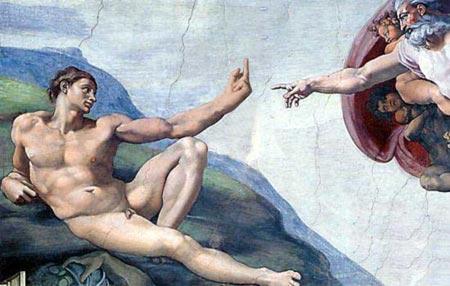(Salon.com)

The idea that evolution could be “random” seems to frighten people. Is it random?
This is a spectacular misunderstanding. If it was random, then of course it couldn’t possibly have given rise to the fantastically complicated and elegant forms that we see. Natural selection is the important force that drives evolution. Natural selection is about as non-random a force as you could possibly imagine. It can’t work unless there is some sort of variation upon which to work. And the source of variation is mutation. Mutation is random only in the sense that it is not directed specifically toward improvement. It is natural selection that directs evolution toward improvement. Mutation is random in that it’s not directed toward improvement.
The idea that evolution itself is a random process is a most extraordinary travesty. I wonder if it’s deliberately put about maliciously or whether these people honestly believe such a preposterous absurdity. Of course evolution isn’t random. It is driven by natural selection, which is a highly non-random force.
Is there an emotional side to the intellectual enterprise of exploring the story of life on Earth?
Yes, I strongly feel that. When you meet a scientist who calls himself or herself religious, you’ll often find that that’s what they mean. You often find that by “religious” they do not mean anything supernatural. They mean precisely the kind of emotional response to the natural world that you’ve described. Einstein had it very strongly. Unfortunately, he used the word “God” to describe it, which has led to a great deal of misunderstanding. But Einstein had that feeling, I have that feeling, you’ll find it in the writings of many scientists. It’s a kind of quasi-religious feeling. And there are those who wish to call it religious and who therefore are annoyed when a scientist calls himself an atheist. They think, “No, you believe in this transcendental feeling, you can’t be an atheist.” That’s a confusion of language.
No comments:
Post a Comment